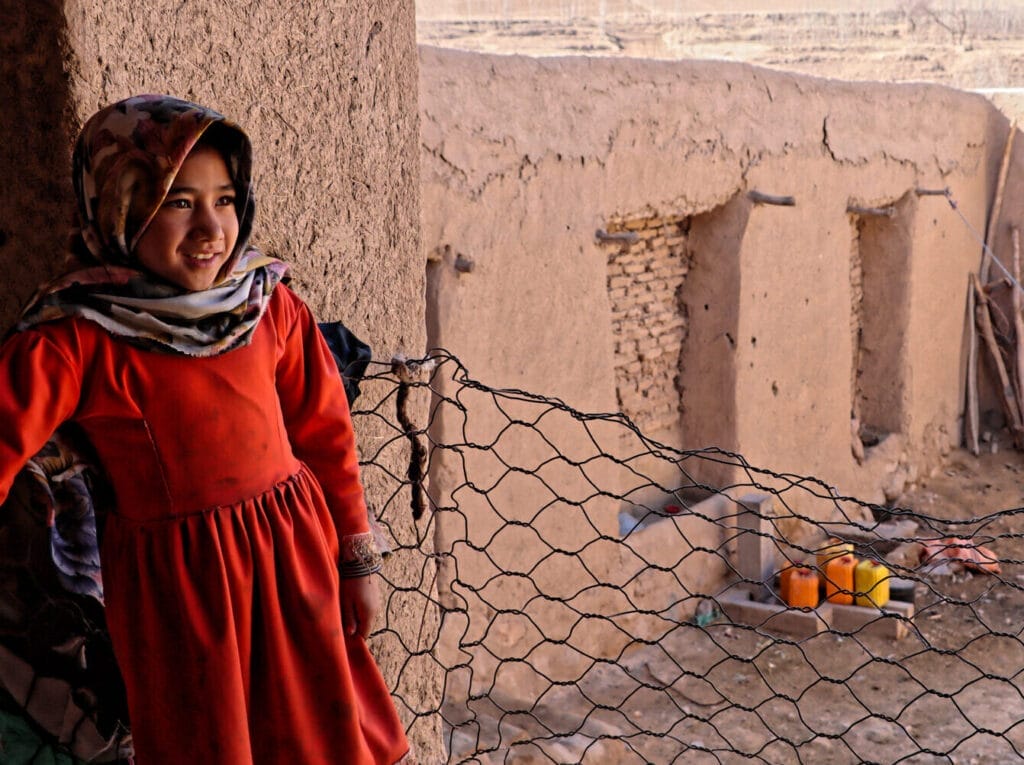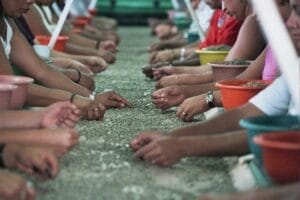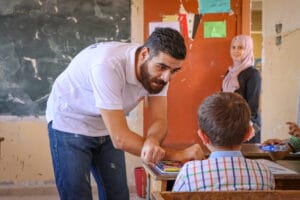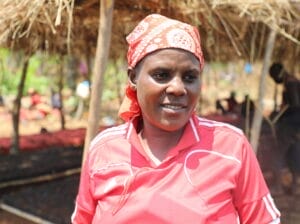
The international media tend to sectorize public attention, limiting it to one humanitarian crisis at a time. This is why it is imperative to continue to shine the spotlight on forgotten and protracted crises, such as the one in Afghanistan, one of the worst humanitarian crises worldwide, where 58% of the population (23,7 million people) are projected to require humanitarian assistance in 2024.
The context
Millions are facing acute food insecurity, malnutrition, displacement, and protection risks. At the same time, the country is also suffering from a severe economic downturn – which has results in the loss of livelihoods for millions of Afghans -, and a restrictive political environment under the current situation, which has violated human rights, especially of women and girls, and imposed barriers to humanitarian access and delivery. Moreover, a prolonged drought together with decades of mismanagement, has caused a widespread water crisis that has affected all 34 provinces and led to crop failures, livestock deaths, and increased disease.
In addition, Afghanistan remains a protection emergency, with high levels of protracted displacement, restrictions to freedom of movement, increased risk of gender-based violence, child labour, early marriage, and increased needs for mental health and psychosocial support. To put further pressure on an already dire situation, the last quarter of 2023 witnessed the return of nearly half a million Afghans from Pakistan, following a new policy targeting the deportation of undocumented foreigners. This returnee crisis has strained border points and host communities, and increased the humanitarian needs of the returnees and the population at large.
In front of such a situation, during 2023, the UN humanitarian response plan for Afghanistan was funded only at 45 percent, compared to 76 percent in 2022. This figure is even more alarming during these days, when the Afghans are also facing the harsh winter months, often finding themselves having to choose between ensuring a meal for their family, often the only one during the day, or heating their dwellings.
Those who pay the highest price are the groups to whom the de facto government denies the most rights: women, and especially those who have found themselves at the head of their families, having to provide for their children without having the right to receive an income or to leave their home independently. These conditions endanger their access to food, as well as that of the children who depend on them.
Our intervention
We resumed the operations in the country at the end of 2021, precisely to support those households led by women, most of them widowed or abandoned by their husbands. Since then, and thanks to our longstanding partner Rural Rehabilitation Association for Afghanistan (RRAA), we have been activating the Cash for Food project in the rural areas of the Kushk Robat-e-Sangi district in the Herat province - in northwest Afghanistan -, reaching more than 500 families through the distribution of US$80 per month for the purchase of food and needs.
Following the earthquake of last October, we adapted our intervention to respond to the new needs of 310 families through the distribution of cash and winter kits. In the face of this emergency and of the compounded ones that affect greatly the population of Afghanistan, we continue to support them, especially the most vulnerable, and especially during the winter months when extremely low temperatures further jeopardize access to basic goods and services.
The voices of our beneficiaries
Fatima is 37 years old woman who lives alone with her three children in the Robat Sangi Uliya village, in the Robat-e-Sangi District. Two years ago, she lost her husband to addiction and she became the head of the family as well as the sole breadwinner. Her family was selected in our program for which they received assistance for 5 months, and she shared her story with us:
"I have been through a lot of hardships since taking responsibility for the family. I had to go to work in neighboring houses every day to meet the needs of my children. As I am living in the village, not in the city, and most families are poor and cannot afford anyone working in their home anymore, it became hard to find any work or to go anywhere else. There was no food in my house to feed my children three times a day like a normal family and we were eating bread with tea without any candy at night: at least the piece of bread would save their lives.
Both I and my children are happy that were selected as direct beneficiaries in this project. I was able to provide food for my children and other small needs in my household through the cash I received for five months, it was really the greatest support that saved and secured my children and my life under the hard situations we had.
Thank you for providing this assistance, I hope to get more as I don’t have any income source to respond to the family's needs although these five months were good enough and helped me a lot to buy food, clothes, and educational materials for my children, bringing changes and eases in my life.”
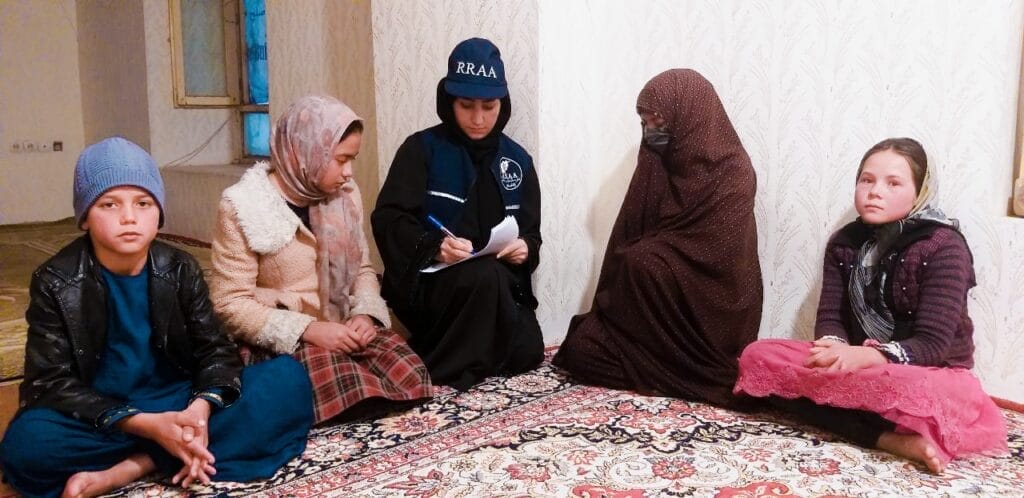
Fatima and her three children being interviewed by our partner RRAA
Aziz Gul is a 35 years old mother of 4, who lives alone with them in the Khalifa Rahmat Ulia village in the Robat-e-Sangi District. Four years ago, her husband died falling from a construction site where he was working in Iran. Her family was also selected in our program, receiving 5 rounds of distributions as well. Aziz Gul also shared her story with us:
“Although we had difficulties when my husband was still alive, I have been through a lot more hardship since I had to take responsibility for my children on my own. There was no income to feed them nor to respond to our needs”.
After her husband passed away, Aziz Gul was forced to live alongside her brother-in-law, who had no income either and could not support her family.
“Since we did not use to have food, my youngest daughter was malnourished and then I was forced to borrow from my neighbors and other relatives to feed and treat her along with my other children. At night, I used to tailor for people and during the day I was going out around the village to bake bread to earn something to feed my children. When I was selected as a beneficiary to receive the five-month cash assistance, it was really good news and it made us happy: with the cash I could feed my children, provide clothes and education materials, treat them if they got sick, while not having to go out looking for any kind of work.”
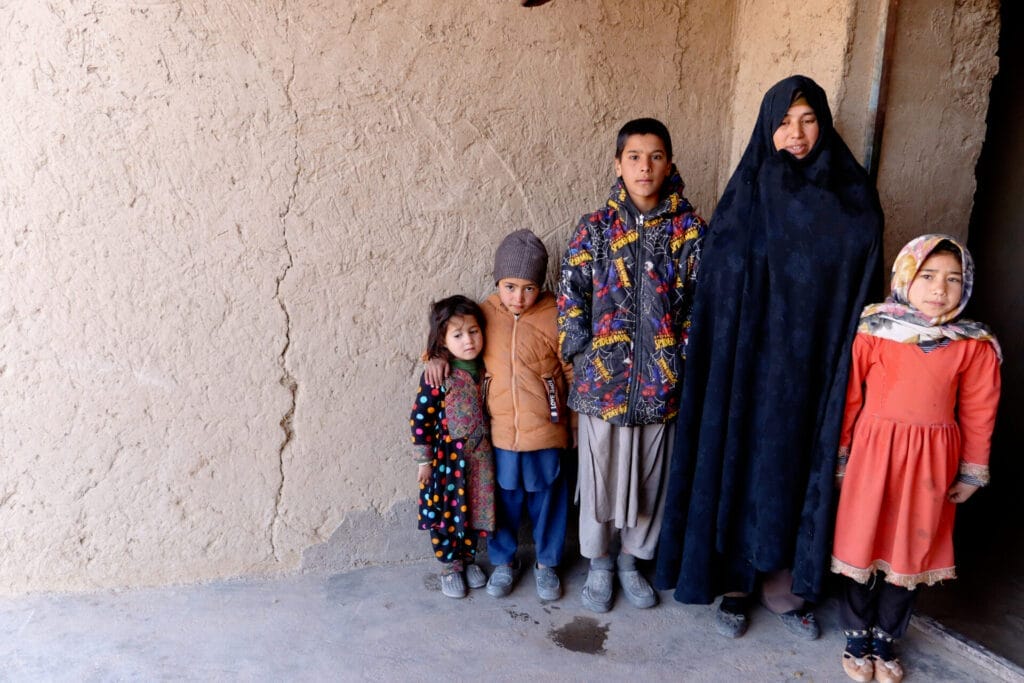
Aziz Gul and her four children

